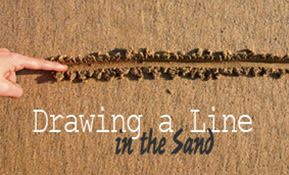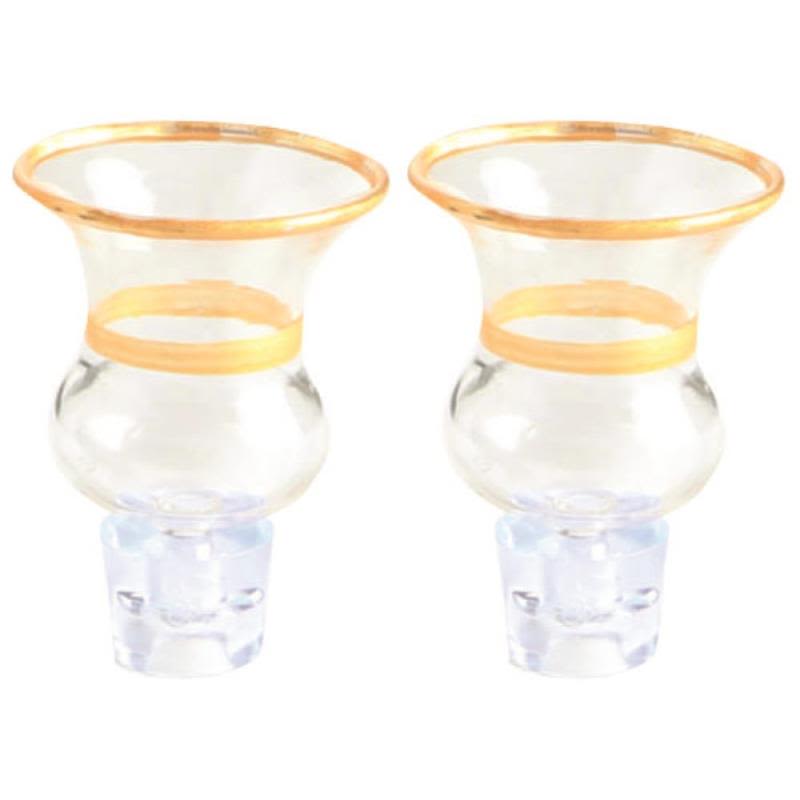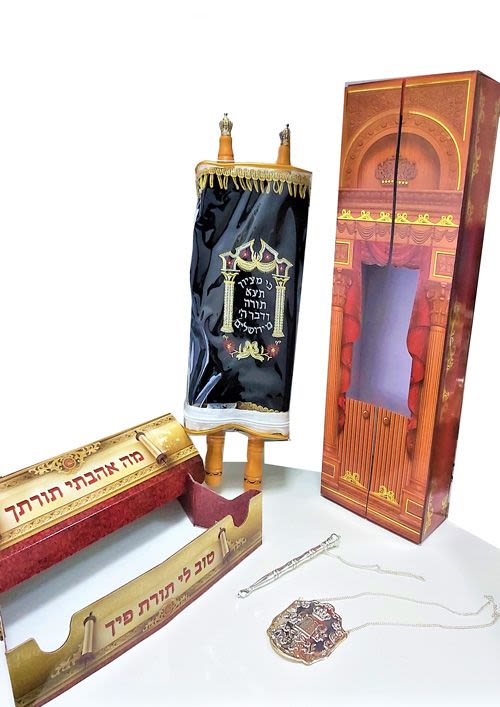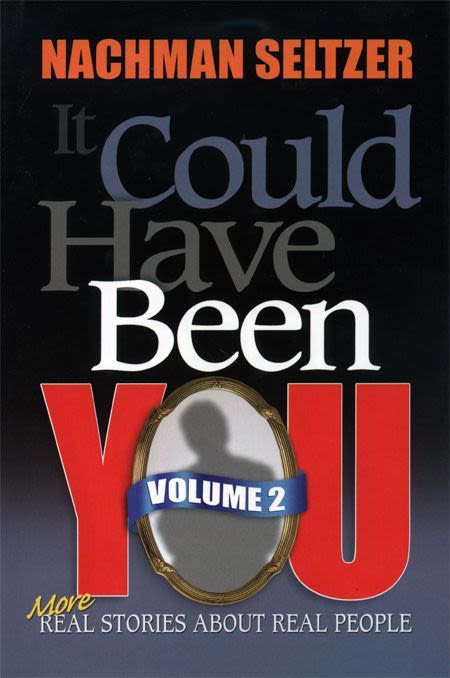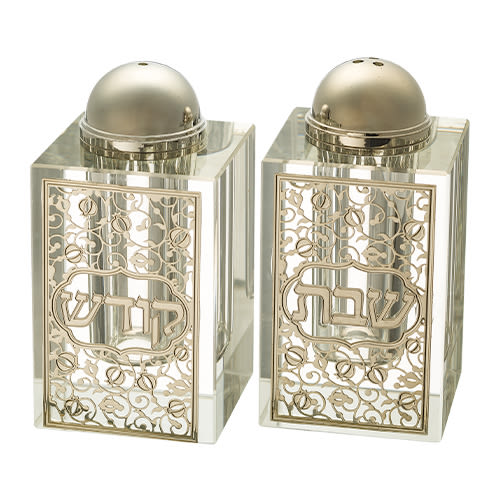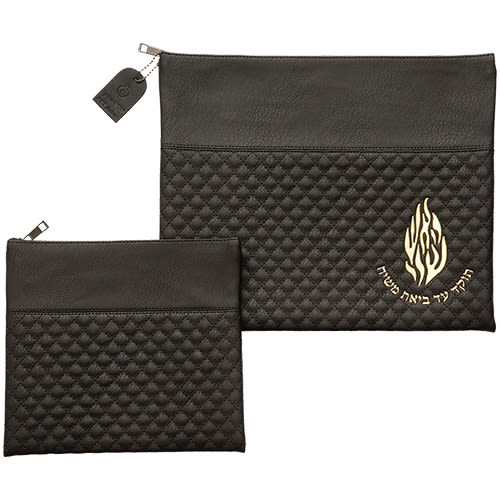
Chayei Sarah: Life Lessons
The greatest peace and connection we can attain is through finding and dwelling with our “other half.” In Hebrew, a soul mate is...

Working as a garbage man this past summer, I felt like a psychologist in a prison. Don’t get me wrong, the guys were nice enough. It’s just that my past (and present) are a bit less “exciting” and “prison/drug free” than theirs. As different as we were, I learned a lot. The following conversation occurred between me and my coworker as we sat in our truck, baking in a midsummer traffic jam:
“My girlfriend doesn’t do anything right! She should really get her act together. I’m way too good for her. If only she was x, y, and z, everything would be great.”
My partner was very upset. For whatever reason, he and his girlfriend didn’t get along. The more he spoke about it, the angrier he became. Some psychologists believe emotional outbursts are healthy. My coworker was a former football player and convict, with tattooed forearms the size of my head.
When he took a breath from his profanity-filled diatribe, I tried to offer some advice. Perhaps there was something he could do to improve his situation? He assured me there was not. From his perspective, it was all her fault, and if she wasn’t the way she was, everything would be great. And while we can scoff at this seemingly chauvinistic and immature outlook on his relationship, his words illuminate problems that are commonplace in many relationships.
Building a Relationship
This week’s parshah provides insight into the building blocks of a successful relationship. From a Torah perspective, a good marriage is one in which peace reigns. The goal of creating unity between husband and wife is one that stems from our creation. When God first made human beings, man and woman were a single unit. Their souls were then divided and placed in two different bodies. The greatest peace and connection we can attain is through finding and dwelling with our “other half.” In Hebrew, a soul mate is called a besheret, or ‘intended one.’
When the time came for Yitzchak (Isaac) to be married, Avraham (Abraham) entrusted his servant, Eliezar, to find his son’s besheret. Avraham said, “And I will have you swear …that you not take a wife for my son from the daughter of the Canaanites, among whom I dwell. Rather to my land and to my kindred shall you go and take a wife for my son Yitzchak" (Bereishit 24:3).
Be Careful!
Our sages explain that from Avraham’s example we learn the importance of scrutiny in finding a potential mate. When I first approached Torah Judaism, I was taken aback at this seemingly strange concept. Sure I had seen Fiddler on the Roof and I knew there was such a thing as a “match maker.” However, the idea of figuring out good traits to seek in a mate sounded like a concept that was left long ago in Europe. Little did I realize that this practice, while being thousands of years old, is still widely practiced today. And what’s more — it usually works!
Judaism recognizes that the relationship we have with our spouse is the most important relationship in our lives. The Torah refers to Chava (Eve) as a helper against her husband (Bereishit, 2:18). The seemingly strange wording teaches us that if a husband and wife have a good relationship, they will experience an unbelievable connection. If not, they will work against each other and cause each other great pain (Rashi). Since a couple's happiness, and subsequently the success of their family, depends on the strength of their relationship, we can recognize the importance of being careful when it comes to choosing a lifetime mate.
To find the right person, we must first know ourselves – to figure out who we are and what we want. Some people enjoy an active life style, while others prefer a more sedentary one. Some people want to live in mansions; others are satisfied with more humble surroundings. Some people are outgoing, others introverted. Needless to say, there is no universal perfect spouse. The key to happiness in a relationship is to find your soul mate, who perfectly complements you.
Yitzchak (Isaac) was an exceedingly holy man, and therefore needed a very special woman, worthy of becoming the matriarch of the Jewish people. Avraham’s spiritual sensitivity made it possible for him to recognize that there were many holy women, namely Rivka (Rebecca), Rachel, and Leah residing in his homeland. Therefore, he sent Eliezar back to his hometown, Charan, to look for a wife for Yitzchak.
Avraham also understood that of all places on Earth, the Land of Israel has the greatest potential for spiritual growth. Thus, the bride would need to leave Charan and move to Eretz Yisroel. The Chatan Sofer suggests that bringing the bride to Eretz Yisroel symbolizes the union between the body and soul that is present in marriage. The soul of Charan united with the body of Canaan, and together, they were elevated in a holy union.
Pray!
The Torah recounts that Eliezar prayed before he set out to search for the right wife for Yitzchak. He said, “Hashem…may You so arrange it for me this day that You do kindness with my master Avraham" (Bereishit 24:12).
When Eliezer arrived in Charan, he and his camels approached the well in the center of town. Rivka saw him coming and drew water for him and for his ten camels! Eliezar said nothing to her during the entire encounter; the Sforno relates that he was astounded by her kindness! Rivka demonstrated her unbelievable quality of chessed (kindness) by graciously giving to a person she had never met before. Her drive to give of herself reminded Eliezer immediately of his master, Avraham. He knew he had found “the one.” How did he know? Why did Rivka's quality of kindness make her right for Yitzchak?
The Chatam Sofer, in his commentary on the Torah, writes, “He (Eliezer) prayed that the Divine attribute of kindness, so characteristic of Avraham, be imbued in Yitzchak's mate. Although compassion is critical to any marriage, Eliezar felt that Yitzchak’s trait of justice needed to be tempered by a wife’s kindness to produce Yaakov (Jacob), the Patriarch whose primary virtue was truth, the combination of his father's and mother's virtues (Chatam Sofer 89).
Challenged to Grow
When searching for the proper mate, the Torah teaches us that we do not necessarily have to find a person who is a replica of ourselves. Rather we should look for and expect a spouse to challenge us to help us grow. All personality traits aside, men and women are inherently different, and these differences will create opportunities for growth. Rebbe Nachman advises us that “the real meaning of peace is to fit together two opposites—Perfect peace is achieved though the effort to make peace between two opposites, just as God makes peace in his High places between fire and water" (Likutey Etzot, p. 258).
The theme of two opposites uniting is echoed throughout our world. Rebbe Nachman refers to one such manifestation of the theme, as it is found in the Parshat Bereishit. God created the heavens, and called them shemayim. Rashi explains that this word is a combination of the words “aish” and “mayim,” Hebrew for “fire” and “water.” In creating the heavens, God combined two opposite forces and used their union to create a beautiful covering for his creations. So too, when a husband and wife are able to unite their differing experiences, personalities, and tendencies, they create a blanket of love for their family and for all of Israel.
The Talmud relates that God created the world according the din, strict justice, a virtue exhibited by Yitzchak. When God recognized that the world could not exist through strict justice alone, he tempered his creation with rachamim, mercy, as personified by Rivka. The union of these two forces created the world in which we live today.
The union of two opposites is most concrete in our parshah. Rivka's kindness and Yitzchak's strength produced Yaakov, father of the Jewish people. Whereas Avraham had both Yitzchak and Yishmael (Ishmael), and Yitzchak had both Yaakov and Esav (Esau), all of Yaakov's children remained true to the faith of their forefathers. Yitzchak and Rivka's successful union created the foundation for the Jewish people.
What my garbage partner failed to realize is that every relationship requires two people’s involvement and effort to function properly. There is no such thing as a person who is always right or a person who is always wrong. A partnership is one where the success of one is contingent on the success and happiness of the other. While unifying two opposites may not always be easy, if one approaches this challenge with love and patience, entire worlds are built. May those of us who are not yet married find our beresherets, and for those of us who are married, may we maximize our relationships!


